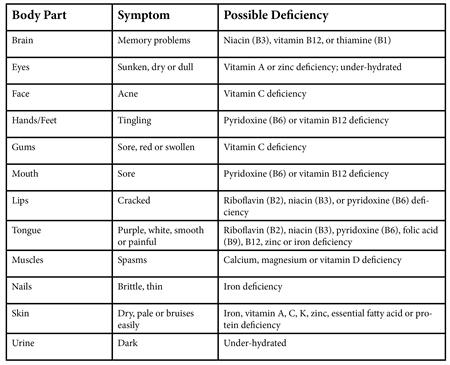by
YMCA of the Pikes Peak Region
| Jul 29, 2019
By Dr. Gloria Winters
There are thousands of diets out there. And there are thousands of people that struggle for years with dieting, restricting their food intake, feeling desperate and hoping that this time it really works. Unfortunately, they often end up disappointed, as rigid diet plans are not sustainable and the weight comes back on.
Barry is a man in his 60’s, who had been diligently working to lose weight for six months. He felt tired all the time, didn’t sleep well and, more concerning, his fingers and toes tingled frequently. After reviewing medications and ruling out possible orthopedic and systemic dysfunctions, I needed to look at what Barry had been eating.
Since Barry wanted to lose weight, he had severely restricted his calorie intake and relied on processed calorie-controlled snacks to meet his energy needs. Not only was he eating less food, he was eating far fewer micronutrients (vitamins and minerals) than he needed. Since vitamin B12 deficiency can result in neurological changes such as a tingling sensation in the hands and feet, I referred him to his doctor to confirm the suspected nutritional deficiencies. His doctor agreed and Barry began to take sublingual B12 supplements and his tingling symptoms quickly subsided, and he started to feel more energetic. I recommended a nutrient-rich whole foods eating plan and Barry began to steadily lose weight.
Nutritional deficiencies may be more common than we think. If we stop to pay attention, our bodies often manifest signs and symptoms that will give us insight into the possibility of these deficits (see chart).

Now, I am not recommending self-diagnosis and a trip to the vitamin store, but instead an investigation into eating habits and physical signs and symptoms that may warrant a conversation with your healthcare practitioner.
Nutrients work in complicated ways in our bodies and are often absorbed more efficiently when taken as a whole food. For example, carotenoids are the nutrient that gives plants their red or orange color. We know that there are over six hundred variations, so just taking a beta-carotene supplement is not necessarily as effective as eating a variety colorful plant foods.
The American Dietetic Association (ADA) states it this way: “the best nutritional strategy for promoting optimal health and reducing the risk of chronic disease is to wisely choose a wide variety of foods. Additional nutrients from fortified foods and/or supplements can help some people meet their nutritional needs as specified by science-based nutrition standards such as the Dietary Reference Intakes.”
In the end, the message is clear. Strict diets are falling short, creating deficiencies. Vitamins and minerals are complex compounds that are best absorbed from whole foods. Many factors, including health conditions and medications, can affect how well you absorb and use micronutrients.
If you suspect a deficiency, work with your doctor for recommended supplementation. And as much as possible, eat whole foods that are micronutrient rich, such as: colorful fruits and vegetables, mushrooms, herbs and spices, lean proteins, beans and legumes, whole grains and dairy.
Dr. Gloria Winters is a doctor of physical therapy who specializes in orthopedics and exercise physiology. She is the Chief Medical Officer for the YMCA of the Pikes Peak Region with a focus on healthcare integration in the community. Contact Dr. Winters with questions or topic ideas at [email protected].